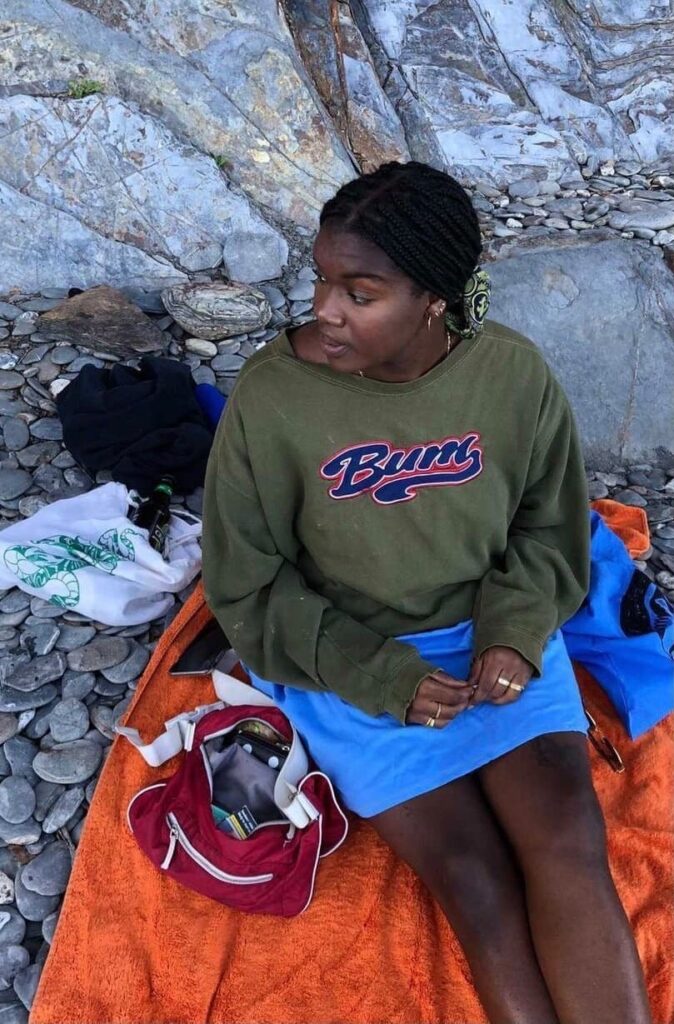
Marley Rose Liburd ‘22 (she/her) is a junior from Brooklyn, New York whose work is “centered around the complexity of space and identity, and how the two intersect.” Much of this focus is “connected to lots of different things and feeling[s] spread out through different places and trying to understand how those things fit.” As a child, she was often sent to live with relatives in the Caribbean and the United Kingdom, the latter where she recently returned after having lived there for a year. This would influence her work in space and identity, and go on to inform much of her current work.
The WE Project, founded alongside India Rose Carter Bolick ‘23 and Annabel Hoffman ‘22, was born out of the lack of common space for people to share experiences with racial prejudice and discrimination. Launched in May during the first wave of the George Floyd protests, the initiative means to create a place where people are able to create a dialogue and learn from each other’s experiences, regardless of background.
“There needs to be a place for people to discuss and unpack and learn,” Liburd says.
Opting for a more decentralized approach, The WE Project’s focus is less on structure, “divorced from any institution, something that allows space for anybody of any race, any sense of understanding, any walk of life to just talk and learn.”

“We all have a role in this fucked up world. While some of us may face more blame and heartache then others, we all are responsible to move through it, and if we can do that in a way that honors our truth and honors growing and learning and connecting, then that is super super important.”
Acknowledging the pressure and magnitude that often comes with staging these kinds of discussions, Liburd says that “we can start out small, and we can start out just trying to deconstruct the way we interact with these big, big things in small, small ways”.
While the WE Project is currently digital based, the US Bus, Liburd’s other project, takes on a decidedly more physical form. Originally an offshoot of the WE Project, the US Bus means to provide a different approach in community donation services by functioning as a mobile food distribution unit, as well as in organizing community events.
“Making a space that feels neutral, and doesn’t feel like you have to be a social justice expert or like a political activist” in order “to engage in conversation. You just have to have a question.” The projects also reflect Liburd’s own frustration with the common tendency to exclusively participate in activism through social media, an issue they believe has only gotten worse due to the pandemic. Both programs are meant to function as antitheses to this, offering alternatives for those who may want to do something more. Thus, among the current central objectives is brainstorming ways in which the WE Project can expand in order to “broaden our lens” so that there can be more opportunities for meaningful participation and contribution.
The genesis in the US Bus lies in this exact expansion, born from the idea for a community fridge that Liburd had discussed with collaborator Niko Chang, a visual artist currently studying at Tisch School of Arts.
However, shortly after receiving a massive food donation from The Headroom Lounge, a community queer space, she began to realize the possible concerns regarding accessibility in distributing the donated food.
“A lot of these community fridges more specifically are kind of inaccessible for people who really do need access to food, water, [and] supplies.” Liburd says. “A lot of people are in places that are not necessarily easy to get to. It’s hard for someone who might be houseless”.
In response to this concern, Liburd went out into the community on foot, handing out food to unhoused people in her neighborhood under the organization Community Access Point that would later be rebranded as US Bus. Despite the initial success of the initiative, she still felt that there was “something we can be doing that’s more.”

Following a recent appearance in a public forum, Liburd received a message from an individual who was impressed with the grassroots nature of her project, offering the use of a food truck they owned, which would come to serve as the eponymous bus. It was here when the project began to take off, in collaboration with local businesses to repurpose food waste, delivering to different points in the area of Brooklyn.
Liburd hails from Bedford-Stuyvesant, a well-known neighborhood in Brooklyn, New York. Born and raised there, she grew up witnessing one of the most significant social changes to occur in the area in recent memory. Historically a neighborhood with a majority-black population, the past twenty years have observed a mass wave of gentrification which has included a shift in population demography, renovation of property, with an overall increase in economic activity. Despite the renewal in quality of living, longtime residents face possible displacement as a result of the arrival of new crowds, threatening the erasure of the community’s rich history that has spanned generations.
Liburd refers to Bed Stuy and other Brooklyn neighborhoods as “gentrification central,” something that she continues to be conflicted over. “Everytime I come home from college or abroad it looks completely different.” While acknowledging the benefits of gentrification, such as an improved economy and more accessibility for public services, she finds that “it’s more the disregard for the culture and the community that already exists prior to this new wave.”
Liburd attended a single school from the age of three to high-school graduation, which she describes as “one of those wacky, alternative learning places that started in the seventies.” As she grew older, Liburd began to notice the school’s gradual transition from an environment that emphasized its community of ethnic, racial and class diversity to one that began to focus on the image it presented as an institution, becoming “very political, very institution based, and a bit disingenuous, as a result. They grow and they change and they shift, and sometimes their foundational intention isn’t the one that they end up setting out to move with. That can be very hurtful to the people who were drawn to it with that original intention.”
The US Bus is currently abuzz with many ideas for possible future events being brainstormed—some which are waiting for the alleviation of pandemic restrictions in order to achieve fruition, and others that are still in various stages of development. Current plans include establishing an artist residency program, and while originally, people were to be living inside the bus itself, due to the pandemic it is being revised. In establishing housing, individuals will be able to live for a brief amount of time in order to develop skills related to their medium. “… for so many jobs you have to know what’s going on in adobe, or microsoft, or be able to throw together a website.” Each group living in the space will be able to pass off a learned skill to the group that comes after. “It’ll be like a baton, they’ll be able to pass that shared skill on. These new people will be able to learn it.”
As a theatre major, Liburd currently finds herself at an interesting impasse in her life. Both the WE Project and the US Bus mark the first time where theatre has not been the majority of a project she’s been involved with. As her major, she often feels that theatre intersects with her life in more ways than would be expected. Despite the shift in focus, she expresses gratitude for having pursued the discipline at Bennington. “Theatre finds its way into everything,” Liburd claims, “I’m starting to see myself in other lights, which is exciting.”
With both projects achieving fruition following the beginning of the COVID pandemic, there is more possibility for flexibility for possible future foresights. “The more you learn and the more obstacles you go through the easier it all becomes. The more these speed bumps start to sound like sidewalk cracks.”
“You don’t know if you’re gonna be successful, but you’re gonna keep trying and you’re gonna keep figuring out ways to make it better. It doesn’t matter if you don’t know, you just keep doing it. There’s something about it that makes you want to keep doing it.” Liburd means to enjoy the experience in the present, regardless of what the end result may harbor for her. “I think we get taught to be [nervous] when we can’t tell what’s gonna happen next, but I think I’ve learned that’s one of the most exciting things that life has to offer is not knowing.”
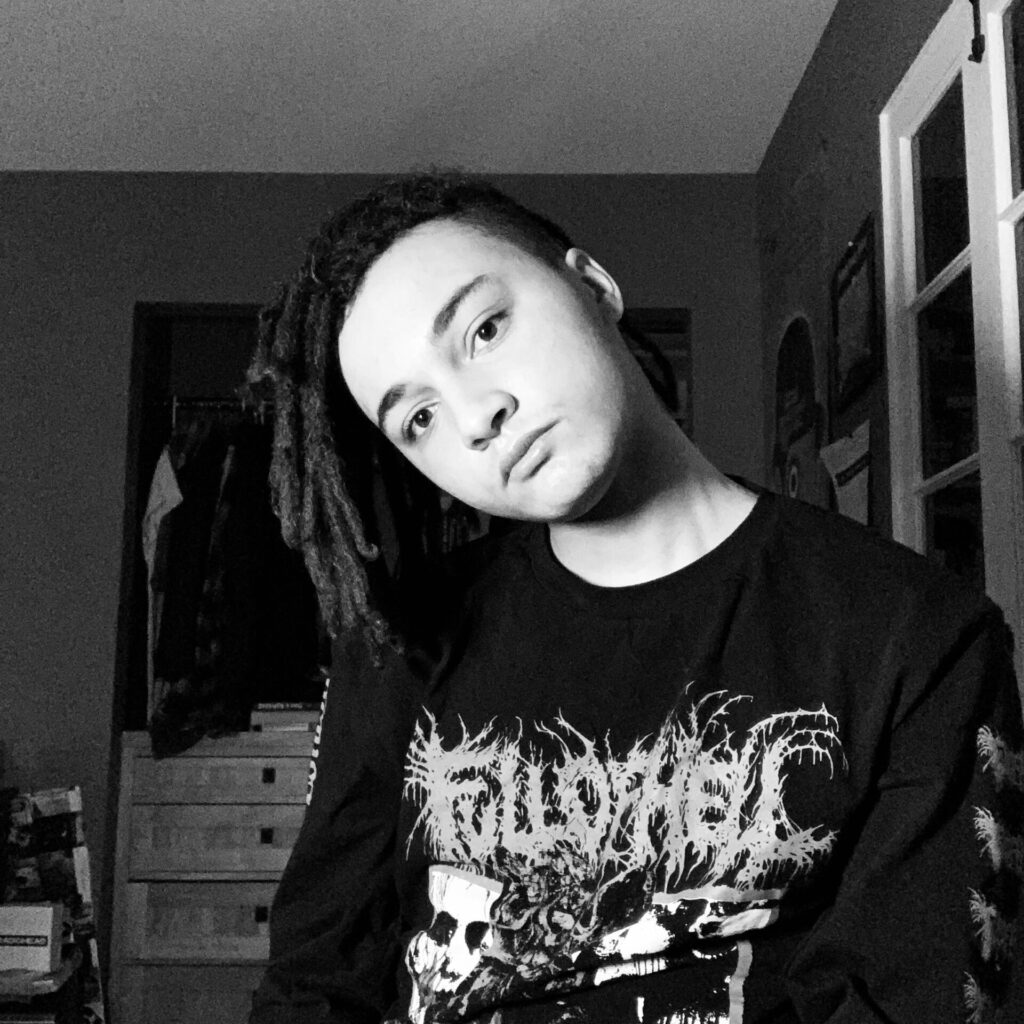
Kaleb Yawand-Wossen (YW) is a second term freshman who plans on studying photography and videography, with interests in philosophy, literature, art history, satire, and political science. He intends to focus on how the four can be incorporated into the two mediums.”
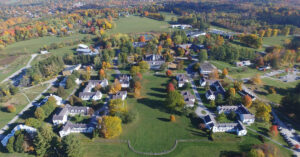
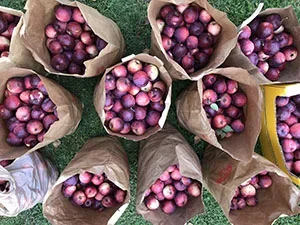
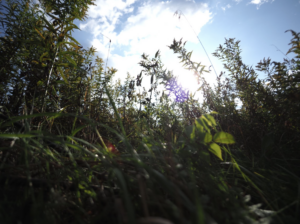
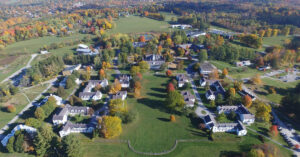
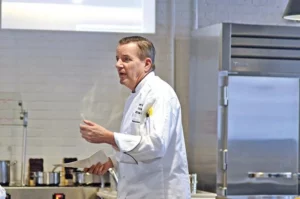
Be First to Comment